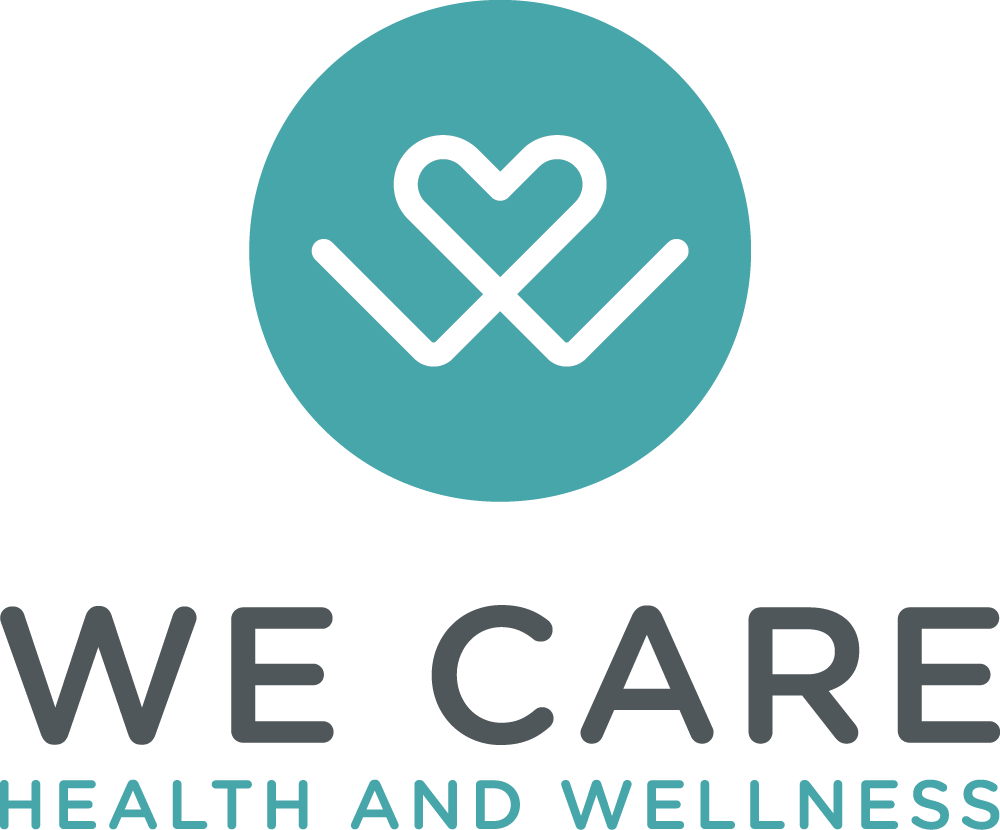Body image and eating disorders are complex issues intertwined with mental health. They affect millions of people worldwide, transcending age, gender, and cultural boundaries.
Understanding these issues is crucial. It helps us empathize with those affected and promotes early detection and intervention.
This article delves into the relationship between body image and eating disorders. It explores their causes, impacts, and the importance of awareness and support.
Join us as we navigate through these topics, shedding light on the body positivity movement, and offering insights into fostering a healthier relationship with our bodies.
The Importance of Body Image
Body image reflects how we perceive our physical selves. It holds significant sway over our mental health and well-being.
A positive body image boosts self-esteem and confidence. Conversely, negative body image can lead to harmful behaviors and mental distress. Understanding its impact is essential for nurturing a balanced outlook.
Types of Eating Disorders
Eating disorders are severe mental health conditions. They often involve extreme concern with weight and body shape. These disorders can significantly impact physical health.
Various types of eating disorders exist, each with unique characteristics. They often require different approaches for treatment and support. Knowing the differences is crucial for understanding these conditions.
Early intervention and awareness are vital. By recognizing the symptoms, individuals and caregivers can seek appropriate help. This can drastically improve recovery prospects and overall well-being.
Anorexia Nervosa
Anorexia nervosa involves intense fear of gaining weight. Individuals may severely restrict food intake to achieve extreme thinness.
Bulimia Nervosa
Bulimia nervosa is characterized by cycles of binge eating and purging. This can include self-induced vomiting or excessive exercise.
Binge-Eating Disorder
Binge-eating disorder involves frequent episodes of eating large amounts. Unlike bulimia, it typically lacks purging afterward.
Media Influence and Social Pressures
The media plays a big role in shaping how we see ourselves. It often promotes unrealistic beauty standards. This can fuel dissatisfaction with our bodies and lead to body image issues.
Social pressures and comparison have worsened with social media’s rise. Constant exposure to edited images creates pressure to conform. This can increase the risk of developing eating disorders.
Body Positivity Movement and Eating Disorder Awareness
The body positivity movement challenges narrow beauty standards. It promotes acceptance of all body types. Encouraging self-love can help counteract negative body image.
Raising awareness of eating disorders is crucial. Awareness campaigns reduce stigma and encourage people to seek help. Increased understanding and open dialogue can lead to healthier attitudes toward body image and eating habits.
Seeking Help and Support
Acknowledging body image issues is the first step. Reaching out for support is vital for recovery. A strong support system can significantly impact healing.
Professional help offers tailored treatment options. Therapy and support groups provide guidance and encouragement. Both play a critical role in overcoming eating disorders.
When to Seek Professional Help
Seek professional help when negative body image impacts daily life. Persistent distress or disordered eating patterns signal the need for intervention. Early treatment improves outcomes significantly.
Supporting Loved Ones
Supporting a loved one with body image issues is essential. Listen without judgment and encourage professional help. Offer a compassionate presence and share helpful resources.
Understanding body image and eating disorders is crucial for promoting mental well-being. By fostering awareness, we can reduce stigma and encourage positive change.
Together, we can support those affected by building a more compassionate and understanding community. Promoting body positivity helps everyone thrive.





